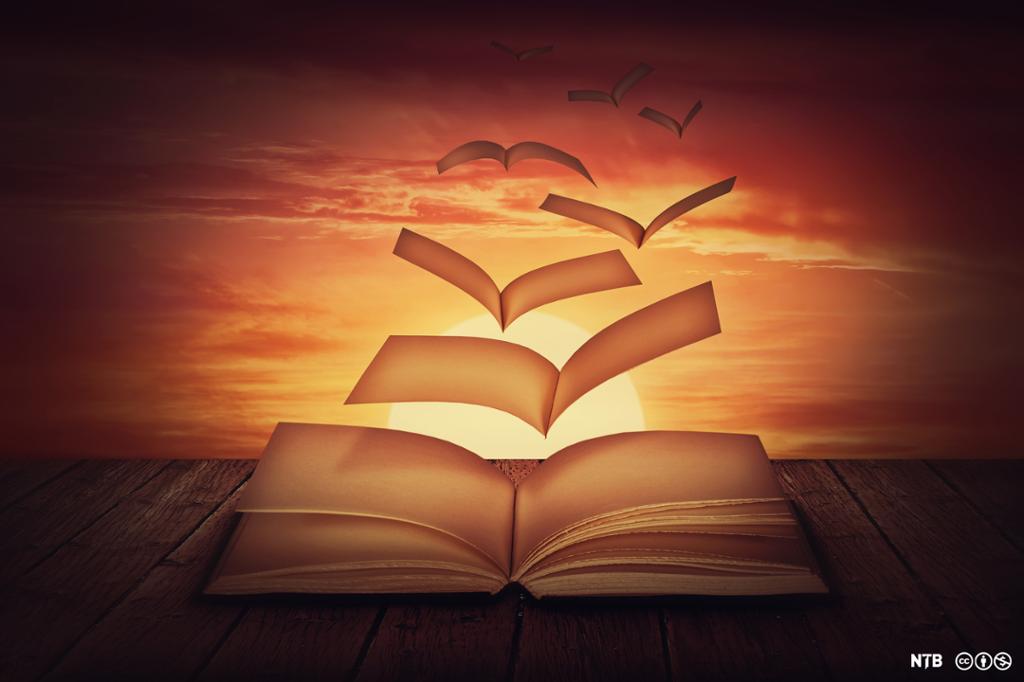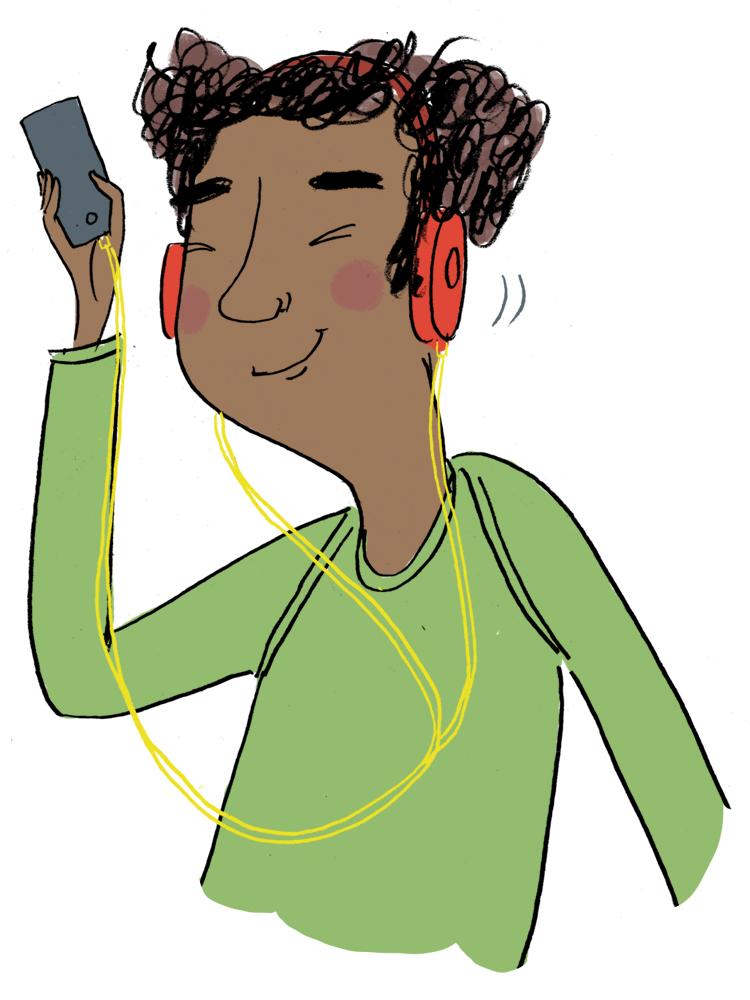Podcast: English-Language Poetry

Make a list of all the English-speaking poets you know of. Which countries and time periods dominate your list?
Poetry in the English Language
Intro
After having listened to the podcast, discuss the following questions:
Why is Geoffrey Chaucer particularly important for English poetry?
Why is Walt Whitman of special importance?
In the podcast, it is claimed that there are three topics that are often repeated in poetry: war, love, and God. Can you think of other topics that also are used?
Do some languages have a better poetic character than other languages?
With regard to poetry, what strengths does the English language have?
Why were the war poems written during the First World War so important?
Would you define rappers like 2Pac and Eminem as poets? Do you think they would have approved of being called poets?
In your opinion, what is a poem? Write down your definition of what you consider a poem to be. When you are satisfied with your definition, compare with the ones you find in the expandable box below. Would you like to change yours?
Here is a list of some of the poets that were mentioned in the podcast.
Geoffrey Chaucer
Wilfred Owen
Robert Frost
Amanda Gorman
Langston Hughes
Bob Dylan
William Wordsworth
Linton Kwesi Johnson (LKJ)
Alfred Tennyson
Work together in groups. Each group focuses on one poet. Research and find out more about this poet and the relevant time period. Consider the following questions:
What characterises the relevant literature from this time period?
What characterises the poet? (style, language, subject matter ...)
Give examples of poetry typical of this poet.
From a literary and/or historical perspective, why is this poet important?
Make a short presentation, film, or podcast that you share with the rest of the class.
Chances are that you surround yourself with poetry every day, at least if you listen to music ...
Below, you will find links to the lyrics of three songs that were popular in the 1960s and 70s. All the links lead to the website azlyrics.
Link to 'Masters of War' by Bob Dylan
Link to 'Sound of Silence' by Paul Simon and Art Garfunkel
Link to 'Anthem' by Leonard Cohen

Choose one song that you want to focus on.
Is there a message in the song?
Look for different poetic sound devices in the lyrics (rhyme, rhythm, assonance, alliteration, onomatopoeia, repetition ...)
You will find a list of poetic devices by following this link.
Link to NDLA article 'Common Poetic Devices'Can you find examples of imagery? (simile, metaphor, personification, allusion, symbols ...)
How do song lyrics differ from 'ordinary poetry'? Would you define these lyrics as good poetry? Why/why not?
What do you listen to?
In class, make a list of songs from contemporary artists where the lyrics are particularly important. Choose one of the songs. Use the same questions as above and go through the lyrics together in class.